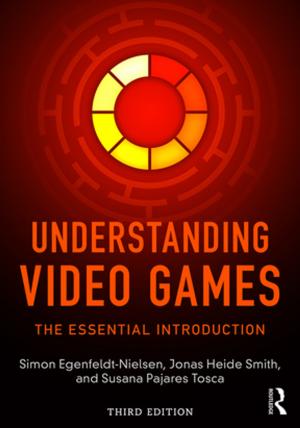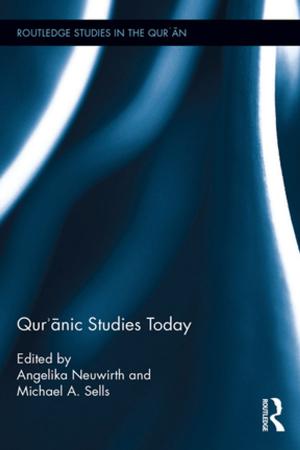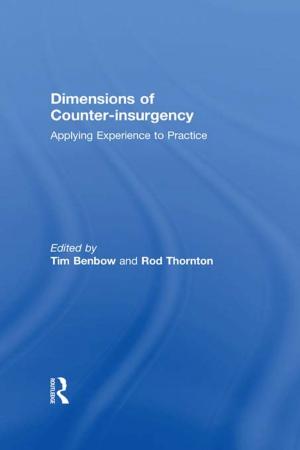Cognitive Science and Psychoanalysis
Nonfiction, Health & Well Being, Psychology, Clinical Psychology, Mental Health| Author: | Kenneth Mark Colby, Robert J. Stoller | ISBN: | 9781317844426 |
| Publisher: | Taylor and Francis | Publication: | December 16, 2013 |
| Imprint: | Routledge | Language: | English |
| Author: | Kenneth Mark Colby, Robert J. Stoller |
| ISBN: | 9781317844426 |
| Publisher: | Taylor and Francis |
| Publication: | December 16, 2013 |
| Imprint: | Routledge |
| Language: | English |
Exploring the connections between cognitive science and psychoanalysis, the authors indicate that a potentially fruitful relationship can exist between the two fields. The book examines this relationship, concluding that psychoanalysis can contribute to a science of the mind when it flows into a more effective science and technology such as cognitive science.
As viewed by the authors, cognitive science is "a new, lively field, full of novel concepts and methods about the mind." This is sharply contrasted with their opinion of psychoanalysis as a discipline which must change and consider such important problems in the study of the mind such as fantasies and feelings.
Colby and Stoller do not specify how psychoanalysis must evolve, but they do make suggestions for future research. They believe that they are "exercising the prerogative of tribal elders, pass(ing) the task along to the next generation."
Exploring the connections between cognitive science and psychoanalysis, the authors indicate that a potentially fruitful relationship can exist between the two fields. The book examines this relationship, concluding that psychoanalysis can contribute to a science of the mind when it flows into a more effective science and technology such as cognitive science.
As viewed by the authors, cognitive science is "a new, lively field, full of novel concepts and methods about the mind." This is sharply contrasted with their opinion of psychoanalysis as a discipline which must change and consider such important problems in the study of the mind such as fantasies and feelings.
Colby and Stoller do not specify how psychoanalysis must evolve, but they do make suggestions for future research. They believe that they are "exercising the prerogative of tribal elders, pass(ing) the task along to the next generation."















